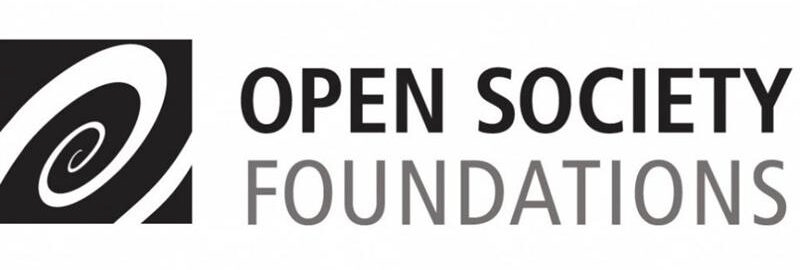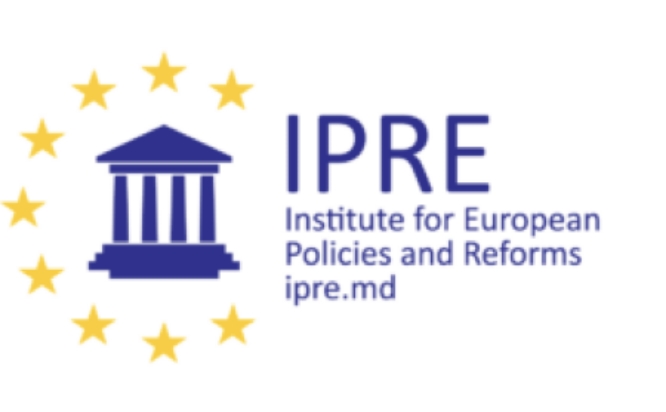The EPC Observatory supports policymakers and the public in monitoring and assessing the initiatives agreed at the European leaders’ summit level. The Observatory is driven by civil society and will be co-managed by CEPS and CSOs in the countries hosting upcoming EPC Summits.
The legitimacy of the EPC will depend on its ability to demonstrate its value added by delivering on commitments made at the summit level. Public scrutiny and political accountability are especially important in the absence of public documents that state the EPC’s intent, lay out the values and principles of its work, and concretely identify its working methods.
Basing itself on extensive and ongoing desk research, Observatory allows the policymaker and citizen alike to understand the purpose of the EPC and unpack initiatives taken in the context of the EPC. These can be filtered by Summit, policy domain, and country. The initiative pages include information about the date of the initiative, other the countries involved, and any concrete follow-up on those commitments. Other relevant information includes the type of commitment (e.g., verbal declaration, written statement, signed agreement), its nature (e.g., of political intent or operational output), and its format (e.g., bilateral, mini-lateral, plurilateral, etc.). Finally, the Observatory includes links to civil society assessments and relevant information sources.
Developed by

Founded in Brussels in 1983, the Centre for European Policy Studies (CEPS) is a leading, independent think tank and forum for debate on EU affairs, ranking among the top think tanks in Europe. With a strong in-house research capacity and an extensive network of partner institutes throughout the world, CEPS has amply demonstrated its ability to anticipate trends and to analyse policy questions well before they become topics of general discussion. CEPS’ highly qualified research team of more than 60 analysts drawn from 23 different countries performs policy research on the full spectrum of EU policy areas. CEPS’ extensive institutional and corporate membership base benefits from this expertise and acts as a sounding board for CEPS policy proposals, allowing CEPS to enhance its impact.
With the support of
OSF’s work in Europe and Central Asia through its Europe and Central Asia program (OSECA) builds on the visionary investments of founder George Soros, who opened his first foundation in Communist Hungary in 1984 and expanded his efforts to support democratic development and civil society following the fall of the Soviet Union. OSECA’s work across this region is tailored to national contexts but shares a common focus: ensuring that everyone should have a voice in the decisions affecting them, in a society based on the rule of law and grounded in human rights. Recently, against the background of the regional upheaval caused by Russia’s war of aggression against Ukraine, OSECA continues to support open and inclusive societies and to invest in those who seek to reinvent and revitalize democracy. It has offices in Berlin, Brussels, and London, and national foundations in the Western Balkans, Ukraine, Moldova, and Kyrgyzstan.

National CSO partners

The Institute for European Policies and Reforms (IPRE) was established in Chisinau, Moldova in March 2015 as an independent, non-partisan, and non-profit think-tank. Since 2016, IPRE is a member of the Eastern Partnership Civil Society Forum and contributes to the work of the EU-Moldova Civil Society Platform. In 2017, IPRE joined the Southeast European Leadership for Development and Integrity as Associate Partner. Since 2020, IPRE is also a member of the Think Tank Network on the Eastern Partnership and of the OSCE Network of Think Tanks and Academic Institutions.
